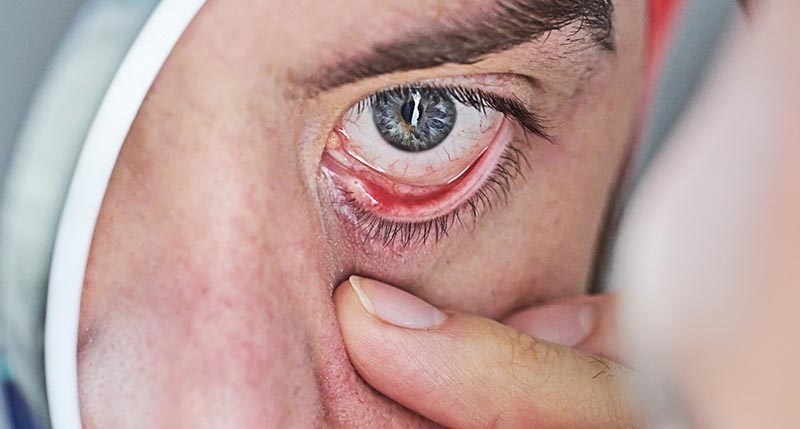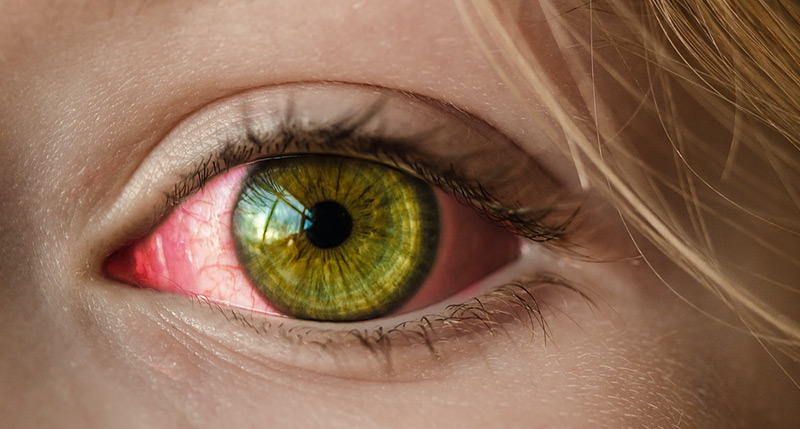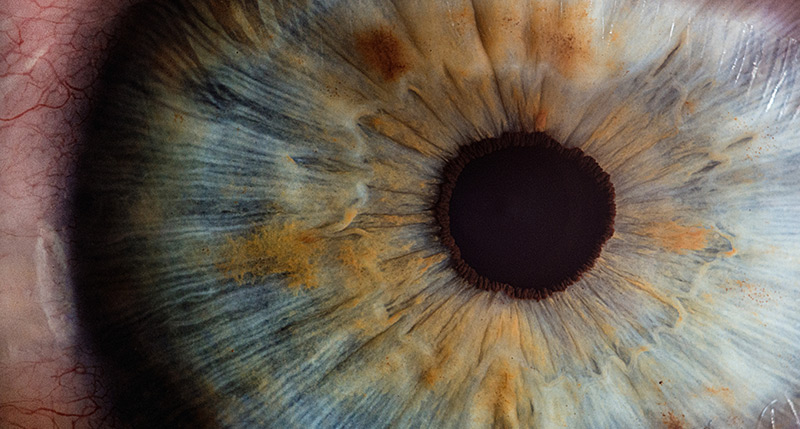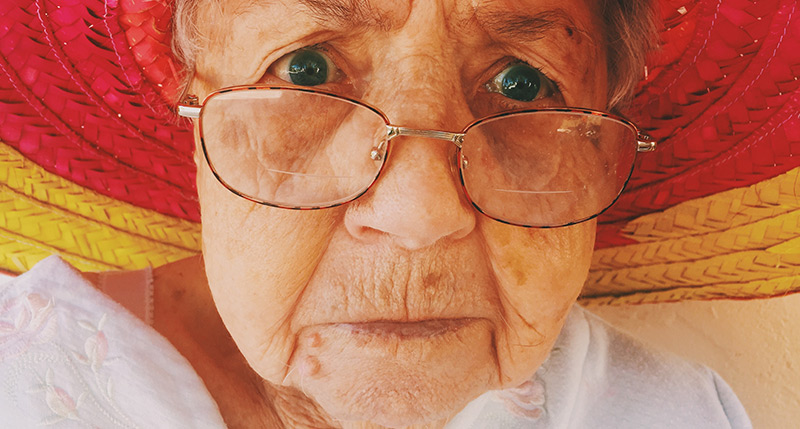Our Blog

5 Questions About Dry Eye Symptoms and Care
July is National Dry Eye Awareness Month. It is estimated that at least 17 million and up to 50 million Americans suffer moderate to severe symptoms from Dry Eye. Twice as many women as men experience the pain and discomfort of Dry Eye. A significant percentage of...

5 Ways to Enhance How Sunglasses Protect Your Eyes from UV Rays
Are you aware that your eyes can get sunburned? Yes, just like your skin, your eyes can be burned by direct or reflected ultraviolet (UV) rays. As the summer weather gets hotter and you enjoy the season’s outdoor activities, your eyes are exposed to greater amounts of the sun’s intense and damaging UV rays. Increased outdoor activity such as yard work, warm weather sports, or a day at the beach can pose a threat to your eyes and to the sensitive skin surrounding them. Nobody wants a case of photokeratitis to slow down the summer fun. What is photokeratitis, you ask? It’s literally a sunburn to the eye that causes inflammation of the cornea — the clear, rounded...
Keep Your Eye on the Ball
Keep Your Eye on the Ball: Student Athletes Need Good Vision It’s Fall, and for a lot of kids, that means it’s prime sports-playing time. Whether you have a student athlete participating in soccer, tennis, football, basketball, softball, baseball or...
Prevent Pink Eye – Students
Back to School Tip: Prevent Pink Eye (Conjunctivitis) Now that kids are back in school, they’re around lots of other kids--and lots of other kids’ germs. Viruses and bacteria are present on objects kids touch every day, including door handles, keyboards,...
Digital Eye Strain – Students
Is Your Student at Risk for Digital Eye Strain and Fatigue? With an ever-increasing amount of technology in schools, back-to-school season can mean more screen time, and that puts kids at risk for digital eye strain and fatigue. What is Digital Eye Strain? From the...
Attention Parents: Amblyopia Treatment
Attention Parents: Earlier is Better for Amblyopia Treatment What is Amblyopia? As the leading cause of visual impairment among children, amblyopia affects approximately 2 to 3 of every 100 children. The condition occurs when vision in one eye is reduced; though the...
School Vision Screening
Is a School Vision Screening “Good Enough” for Your Student? It’s August! Where did the summer go? In just a few short weeks your kids will be heading back to school in a flurry of photos and emotions as you watch them start the new school year. You...
Scratched Cornea?
Scratched Cornea? What to Do―and What Not to Do July is Eye Injury Prevention Month, which makes it the perfect time to highlight one of the most common eye injuries, corneal abrasions. What are Corneal Abrasions? If you’ve ever scratched your cornea (the front...
7 Questions About Sunglasses
July is UV Safety Month, and while we are huge proponents of applying SPF 30 (or higher) on our skin before going outside in the sun, the primary focus in our office is the importance of protecting your eyes from damaging UV rays. It’s common knowledge that...
Cataract Surgery and Recovery Part 2
Patient Testimonial Part 2: Cataract Surgery and Recovery Do you or someone you know suffer from cataracts, a clouding of the eye’s lens that can negatively impact your vision? By age 80, more than 50% of Americans notice deteriorating vision due to cataracts....
My Cataract Experience Part 1
Patient Testimonial Part 1: My Cataract Experience June is National Cataract Awareness Month, so it’s the ideal time to learn more about this condition, which is a leading cause of vision impairment in the United States. Cataracts are a clouding of the...







